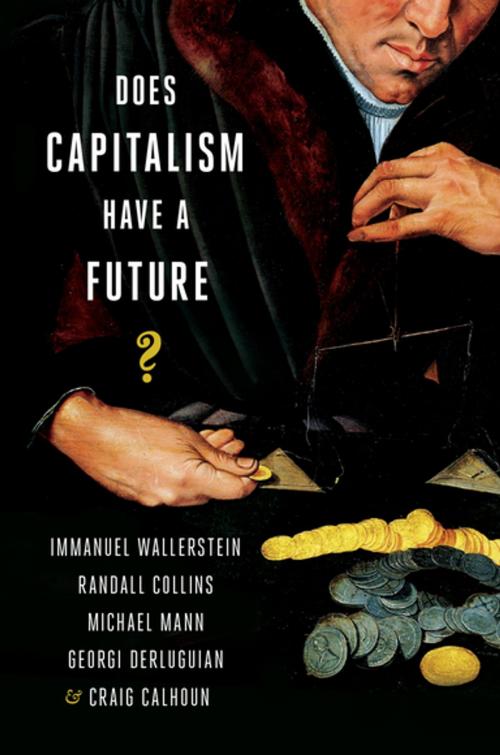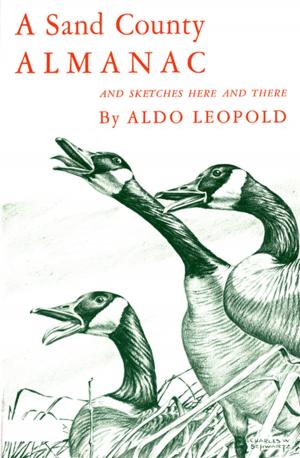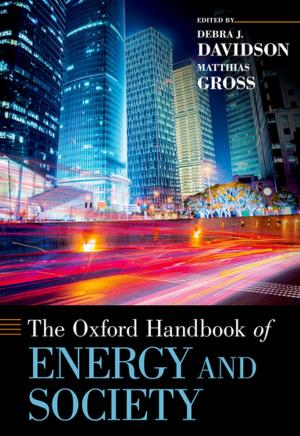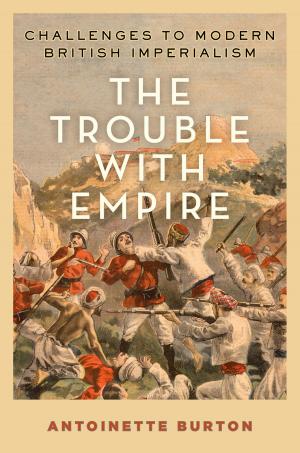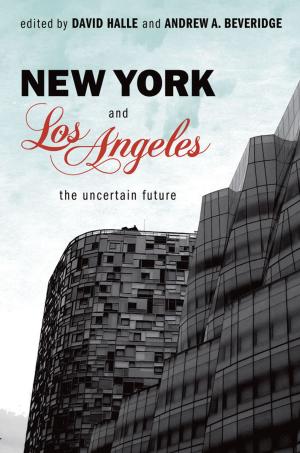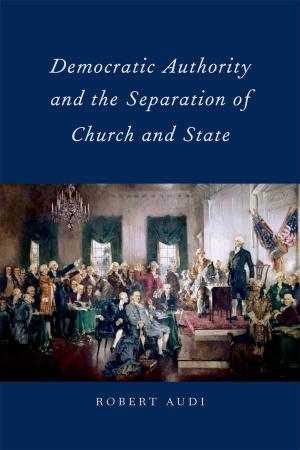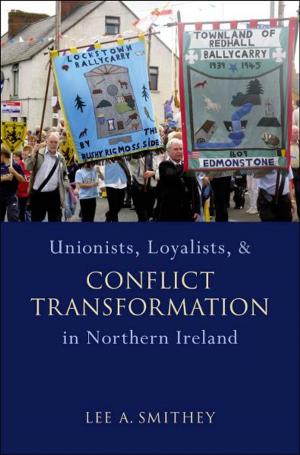Does Capitalism Have a Future?
Nonfiction, Social & Cultural Studies, Political Science, Politics, Economic Conditions, Business & Finance, Economics| Author: | Immanuel Wallerstein, Randall Collins, Michael Mann, Georgi Derluguian, Craig Calhoun | ISBN: | 9780199330874 |
| Publisher: | Oxford University Press | Publication: | October 21, 2013 |
| Imprint: | Oxford University Press | Language: | English |
| Author: | Immanuel Wallerstein, Randall Collins, Michael Mann, Georgi Derluguian, Craig Calhoun |
| ISBN: | 9780199330874 |
| Publisher: | Oxford University Press |
| Publication: | October 21, 2013 |
| Imprint: | Oxford University Press |
| Language: | English |
In Does Capitalism Have a Future?, a global quintet of distinguished scholars cut their way through to the question of whether our capitalist system can survive in the medium run. Despite the current gloom, conventional wisdom still assumes that there is no real alternative to capitalism. The authors argue that this generalization is a mistaken outgrowth of the optimistic nineteenth-century claim that human history ascends through stages to an enlightened equilibrium of liberal capitalism. All major historical systems have broken down in the end, and in the modern epoch several cataclysmic events-notably the French revolution, World War I, and the collapse of the Soviet bloc-came to pass when contemporary political elites failed to calculate the consequences of the processes they presumed to govern. At present, none of our governing elites and very few intellectuals can fathom a systemic collapse in the coming decades. While the book's contributors arrive at different conclusions, they are in constant dialogue with one another, and they construct a relatively seamless-if open-ended-whole. Written by five of world's most respected scholars of global historical trends, this ambitious book asks the most important of questions: are we on the cusp of a radical world historical shift?
In Does Capitalism Have a Future?, a global quintet of distinguished scholars cut their way through to the question of whether our capitalist system can survive in the medium run. Despite the current gloom, conventional wisdom still assumes that there is no real alternative to capitalism. The authors argue that this generalization is a mistaken outgrowth of the optimistic nineteenth-century claim that human history ascends through stages to an enlightened equilibrium of liberal capitalism. All major historical systems have broken down in the end, and in the modern epoch several cataclysmic events-notably the French revolution, World War I, and the collapse of the Soviet bloc-came to pass when contemporary political elites failed to calculate the consequences of the processes they presumed to govern. At present, none of our governing elites and very few intellectuals can fathom a systemic collapse in the coming decades. While the book's contributors arrive at different conclusions, they are in constant dialogue with one another, and they construct a relatively seamless-if open-ended-whole. Written by five of world's most respected scholars of global historical trends, this ambitious book asks the most important of questions: are we on the cusp of a radical world historical shift?
